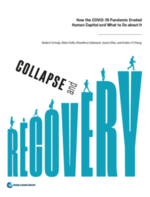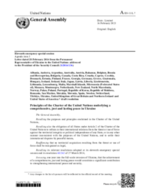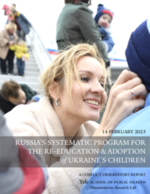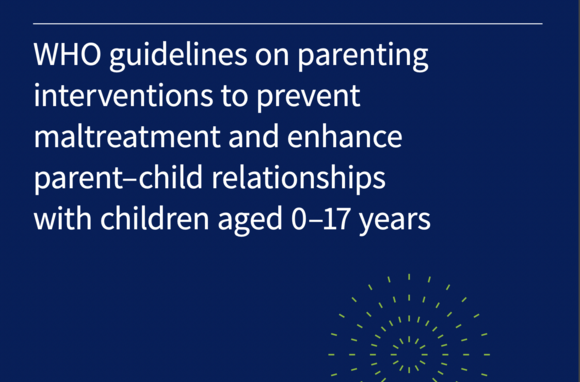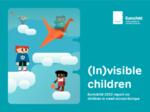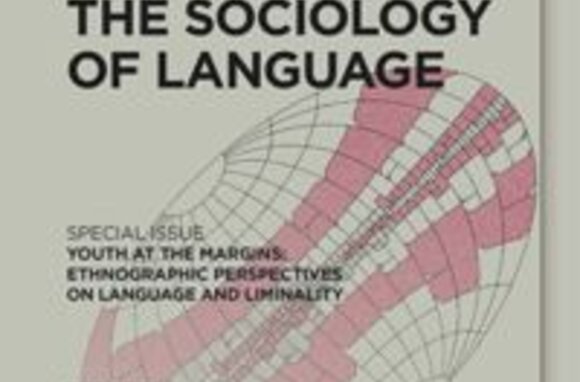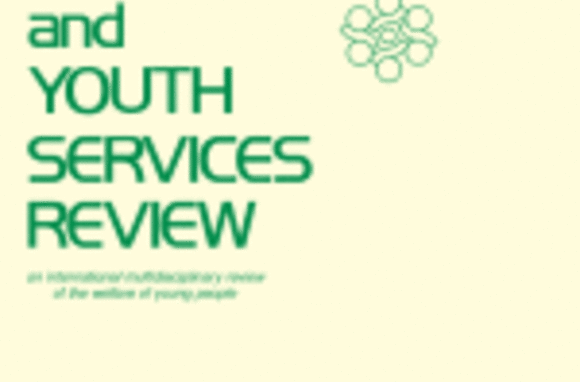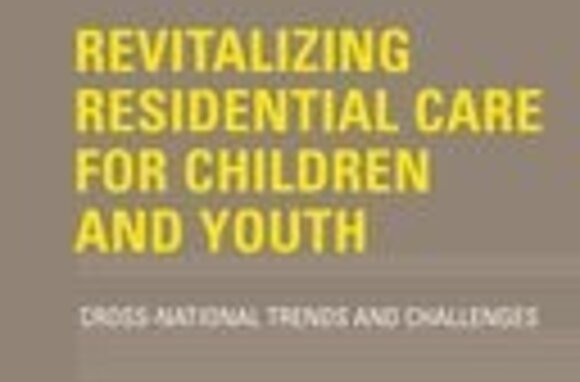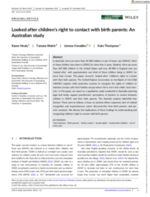Collapse & Recovery: How COVID-19 Eroded Human Capital and What to Do About It
This World Bank report provides a first comprehensive review of global data for young people who were under the age of 25 during the pandemic. It shows that the COVID-19 pandemic disrupted human capital accumulation at critical moments in the life cycle, derailing development for millions of children and young people in low- and middle-income countries.

